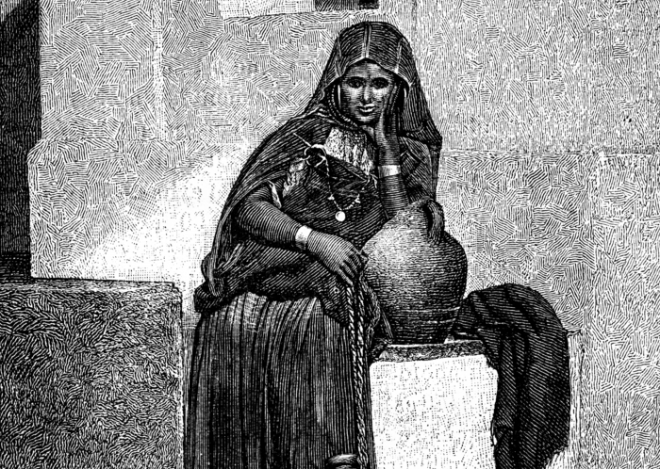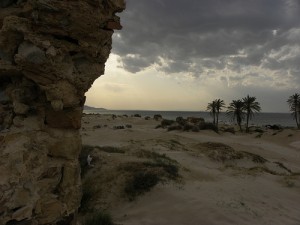Rachel Carson would be shocked: A recent study has found that the concentrations of banned chemicals like PCBs, DDT and organochlorines found in human breast milk of women sampled throughout Tunisia indicate widespread and elevated contamination particularly in older members of rural populations with high dairy and meat intake.
Although these concentration levels are relatively low for developing countries, Tunisia’s population is highly exposed since more than 1,200 tons of obsolete pesticide stocks still remain uncontained and continue to pollute surrounding areas and waterways.
The threat persistent organic pollutants (POP), such as polychlorinated biphenyls (PCB), organochlorine (OC) and dichlorodiphenytrichloroethane (DDT) pose to the environment and human health is well documented.
These compounds found in pesticides, industrial chemicals or unwanted industrial byproducts are characterized with a high resistance to degradation, long half-lives in humans, and have been confirmed to bioaccumulate in fatty tissues such as blood, breast milk, and adipose tissues through dietary intake.
POPs have been found to compromise the endocrine system, hormone production, metabolic processes, the reproductive system, causing genetic damage and cancer.
Organochlorines widely used as insecticides in Tunisia
In Tunisia OC chemicals were widely used from the end of 1940s to 1980s for insect control and agricultural pest control. Despite the use of these compounds has been prohibited in the late 1980s, OCs are still ubiquitous in Tunisia’s environment and biota.
Related: See how our phosphorus addiction is killing this mining town
In 2004, Tunisia ratified the Stockholm Convention on POP, which postulates the elimination of these pollutants by limiting its production, use and commercialization and the application of a national plan that identifies and manages obsolete stocks (primarily PCB). Today, Tunisia benefits from a 16,7 million USD donation from the Global Environment Facility with the intent of eliminating these stocks by 2017.

Although this is an essential project, Tunisia has important steps to make in the strict application of existing laws, resorting to independent environmental judicial systems that penalize polluters.
Today Tunisia, is dotted with unregulated industrial polluters that contaminate waterways (see how locals jump into this magical lake despite warnings!), and continue to pump POPs in the domestic food chains and the biota.
Before Tunisia can start talking about bio, it needs to talk about POP. And if you are breastfeeding or know someone pregnant, send them this article about stuff they don’t need:



